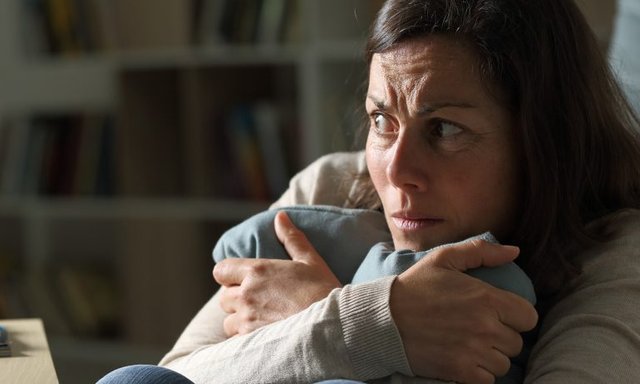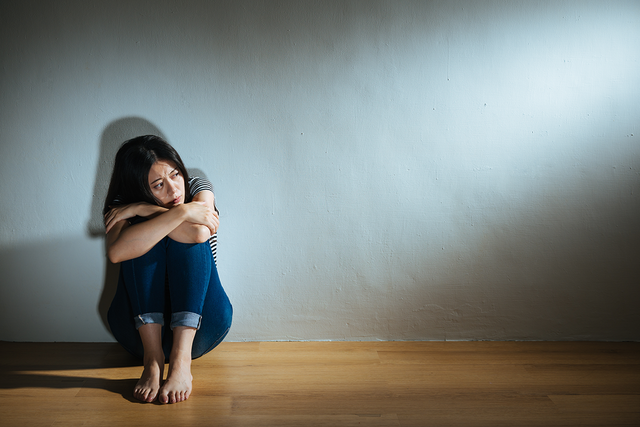Our fear of darkness is a common apprehension. It limits reckless behavior and increases awareness. Fear of the dark was important to our survival when we were far from the top of the food chain. It has a logical basis in evolutionary theory. Scientists have observed that humans evolved in caves and feared darkness. Moreover, fear of darkness limits the behavior of animals.
The social interaction that we engage in assumes that we share similar experiences and fears. We do this by updating our perceptions based on these shared experiences. We then assume that our fears and responses will be similar as the results of those interactions. Hence, our fear of crime is similar among two populations with different levels of crime. And our fear of crime is also similar among the two populations, even if they are geographically distant.
The New England Journal of Medicine attributed the Tennessee outbreak to mass psychogenic illness, a condition where fear spreads as fast as the disease. It's not that we're actually under any threat from the feared object or situation, but rather that we use the fear to protect ourselves. We also avoid risks we perceive as being risky. When we avoid a perceived risk, our body responds by regulating its hormones and other systems to protect itself.
The cause of fear is complicated, ranging from unconditioned stimuli to complex symbolic knowledge. Fear is often modulated by volition and affects cognition and processing mode. Moreover, fear influences every aspect of our cognition. Therefore, it's important to understand how our fear works. For instance, we respond to stimuli that we are exposed to by forming memories. This process may take hours or even days, depending on our social environment.
The distribution of crime varies between individuals and areas. The greater the number of crimes a region has, the more fear people have. But even where crime is rare, there is still a significant level of fear. This indicates that many more people are fearful than are victims of crime. And these statistics are misleading. Fortunately, there is an excellent way to identify the factors that make people fearful.


You've got a free upvote from witness fuli.
Peace & Love!
Downvoting a post can decrease pending rewards and make it less visible. Common reasons:
Submit